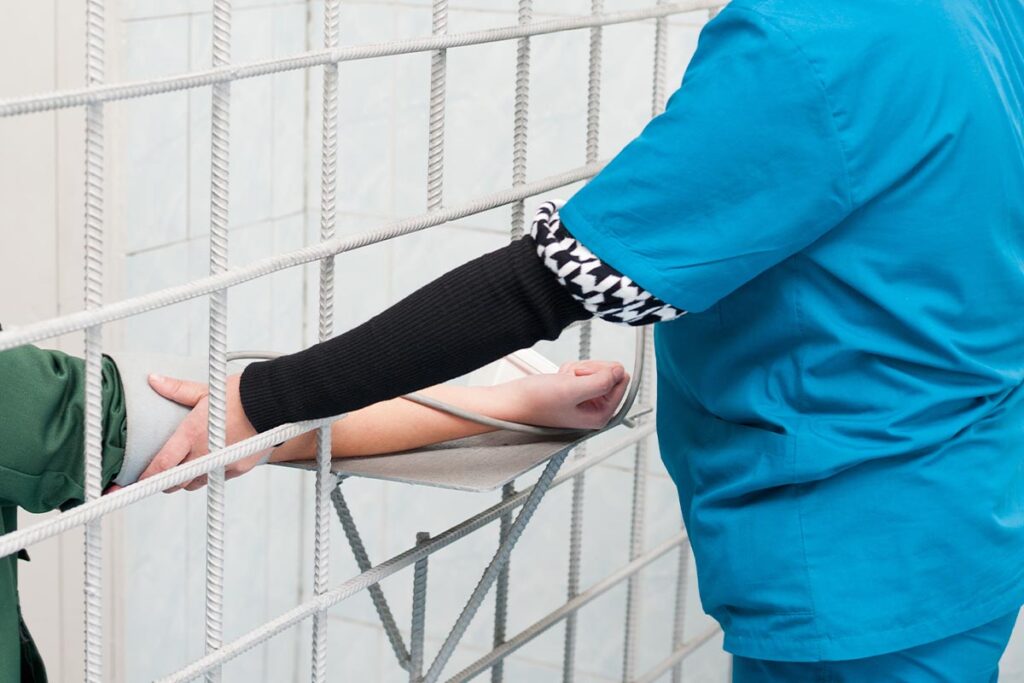What is managing drug withdrawal in jail like? It can be one of the worst experiences ever. This is especially true of jail substations, which typically have no medical care at all. The only thing they can do when you need attention is take you to the emergency room, which they often can’t do unless you’re having chest pains, are pregnant, bleeding profusely, or have some other kind of life-threatening condition. If jail staff knows or suspects that you’re just in withdrawal, they will typically ignore you. They will likely hold you in a cold, uncomfortable cell and leave you there.
The staff at California Centers for Recovery knows how difficult withdrawing from drugs can be. With a wide range of uncomfortable and sometimes dangerous symptoms, trying to manage them in jail can be impossible. To avoid putting yourself in this situation, getting sober on your own terms can help you stay out of jail and give you the opportunity to detox in a luxury environment like ours. Start one of our detox programs in California today by calling 877.328.5682 or contacting us online.
The Discomfort of Withdrawals
Drug withdrawal from all drug classes, especially opioids, often involves symptoms including:
- Anxiety
- Depression
- Sweating
- Chills and tremors
- Headaches and nausea
- Insomnia and exhaustion
- Loss of appetite
These can range from mild to severe, depending on the amount of drugs used leading up to the withdrawal. Severe symptoms, such as seizures, can occur in some cases.
You’re not likely to find anyone to care for you when you’re managing drug withdrawal in jail. Even if you do find someone there who is sympathetic, they likely won’t have the resources, availability, or permission to help you unless there is an emergency.
A Shocking Lack of Medical Care
You may have read many stories before about people dying while in jail. Of the types of police custody, substations are often the worst and the most dangerous as far as death is concerned. The people working there are often jaded and cavalier. Many are uneducated and know nothing about substance use disorders. They don’t know that some types of drug withdrawal symptoms can kill. They can watch someone horribly sick from withdrawal and just walk away. It doesn’t seem to bother them at all.
Substations often operate without licensed medical personnel and with very limited resources. This means no one is keeping track of the health and welfare of those in custody. In addition, these facilities often offer little to no access to treatment or drug addiction counseling.
County Jails
These places are still pretty bad, typically overcrowded, poorly staffed, and run by controlling sheriff types with attitudes. Medical care is minimal, but at least they do have it. However, county institutions still won’t intervene when you’re managing drug withdrawal in jail. As far as they care or have the ability to help, you can just struggle through it on your own. There won’t be any juice to help rehydrate you and replace electrolytes lost from vomiting and diarrhea. If you need water, you’ll drink it from a small, dingy fountain located in a tiny sink directly above the toilet.
You will bunk with whoever they put you with. There will be nothing to help you get through withdrawal unless you get so sick your life is threatened. In that case, if you’re lucky, you’ll get transported to the hospital. At least there, you might get some help. However, no staff will want to take you because they have to wait around for hours to bring you back.
Suboxone in Jail
It used to be that county jails never dispensed opioid maintenance drugs like Suboxone. This is slowly changing. Some county jails in some states are now offering Suboxone therapy to those inmates addicted to opioids. However, this doesn’t apply to state prisons. If you get a prison sentence, you’ll definitely be detoxing there. As a rule, prisons dispense narcotics only for physical medical conditions and only sparingly. It would typically be limited to those with documented very painful diseases and cancer.
In a substation, you will get nothing. If you have some kind of serious chronic condition that they can see, such as being unable to walk or if you’re pregnant, they will probably transport you to the county jail unless you’re going to bail out right away. Everyone else gets stuck in a cell until they go to court. In some cases, this might be the next day, and the judge might release you from the court before you can get too sick from withdrawal. However, if you get arrested for a felony right before a long holiday weekend, you could be stuck in a substation for close to a week. A felony charge may not even give you the opportunity to post bail.
Call California Centers for Recovery for Help Now
One of the major problems with addiction is that many people with drug habits also break the law and get arrested sooner or later. With limited resources, staff, and permission, you’re not likely to get much help managing drug withdrawal in jail. Your best bet is to get sober before you end up in a bad situation.
Our luxury detox center offers you the opportunity to stop using drugs for good while managing withdrawal symptoms in a comfortable environment. Our staff works hard to promote a private, tranquil environment where you can kick your addiction.
Get help before you even see the inside of a jail. You can call us anytime at 877.328.5682 for professional, caring drug treatment referrals and information about medication assisted-treatment methods like Suboxone. You do not want to be sick in jail from drugs or for any other reason. It’s miserable and dangerous to your health. Find out more about our programs and verify your insurance to discover if the cost of addiction treatment could be covered when you contact us via our secure online form.











